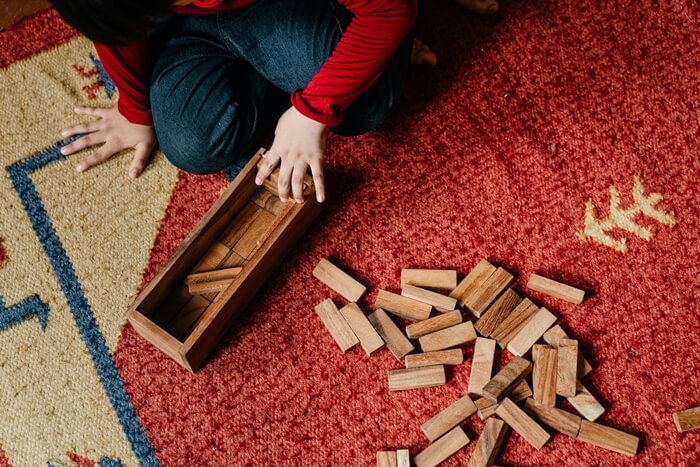In today’s fast-paced world, where information is at our fingertips, developing logical reasoning skills from an early age has become imperative. Logical reasoning encompasses the ability to analyze arguments, solve problems systematically, and understand complex concepts through critical thinking. This article delves into strategies for nurturing these vital skills in young minds, ensuring they are...
BlogDeveloping Logical Reasoning in Young Minds: A Guide for Nurturing Thinking Skills

In today’s fast-paced world, where information is at our fingertips, developing logical reasoning skills from an early age has become imperative. Logical reasoning encompasses the ability to analyze arguments, solve problems systematically, and understand complex concepts through critical thinking. This article delves into strategies for nurturing these vital skills in young minds, ensuring they are well-equipped for the challenges of the future.
Laying the Foundation for Logical Thinking
Understanding the Importance
Logical reasoning is not just about academic success; it’s about enabling children to navigate life’s challenges with analytical thinking and decision-making skills. It helps in:
- Enhancing problem-solving capabilities
- Improving understanding of mathematical concepts
- Developing the ability to think critically about various issues
Early Exposure to Problem-Solving
Introducing children to puzzles, logical games, and problem-solving activities at a young age can spark their interest in logical thinking. Activities such as building blocks, simple jigsaw puzzles, and matching games lay the groundwork for developing critical thinking skills.
Strategies to Enhance Logical Reasoning
Interactive Learning Methods
- Engage in ‘Why’ and ‘How’ Conversations: Encourage children to ask ‘why’ and ‘how’ questions about their surroundings and everyday occurrences. This stimulates curiosity and analytical thinking.
- Problem-Solving Activities: Incorporate games and activities that require problem-solving skills, such as Sudoku, chess, and logic puzzles designed for children.
Fostering a Questioning Mindset
- Encourage open-ended questions that cannot be answered with a simple ‘yes’ or ‘no’. This promotes deeper thinking and exploration.
- Create scenarios or challenges where children need to reason out the best solution, discussing the pros and cons of different approaches.
Incorporating Technology
- Use educational apps that are specifically designed to develop logical reasoning and critical thinking skills through interactive challenges.
Reading and Discussion
- Critical Reading: Encourage reading activities that involve critical thinking about the story, such as predicting outcomes, analyzing characters, and discussing the logic behind the plot developments.
- Group Discussions: Organize discussion groups where children can present arguments and debate on various topics, helping them understand different perspectives and develop reasoned conclusions.
Overcoming Challenges in Developing Logical Reasoning
Developing logical reasoning skills in young minds is not without its challenges. It requires patience, consistent effort, and creativity to make learning both effective and enjoyable. Here are some tips to overcome common hurdles:
- Make Learning Fun: Use games, stories, and practical experiments to teach logical reasoning, keeping the learning process engaging and enjoyable.
- Customize Learning Activities: Recognize that each child is unique. Tailor activities to suit individual learning styles and paces.
- Encourage Persistence: Teach children that it’s okay to make mistakes. Encourage them to see errors as opportunities to learn and grow.
Nurturing logical reasoning in young minds is a critical component of modern education. By employing interactive learning methods, fostering a questioning mindset, incorporating technology, and making learning an enjoyable process, parents and educators can significantly enhance the development of logical thinking skills in children. As we prepare our young ones for the complexities of the future, equipping them with strong logical reasoning abilities will undoubtedly pave the way for their success in all walks of life.